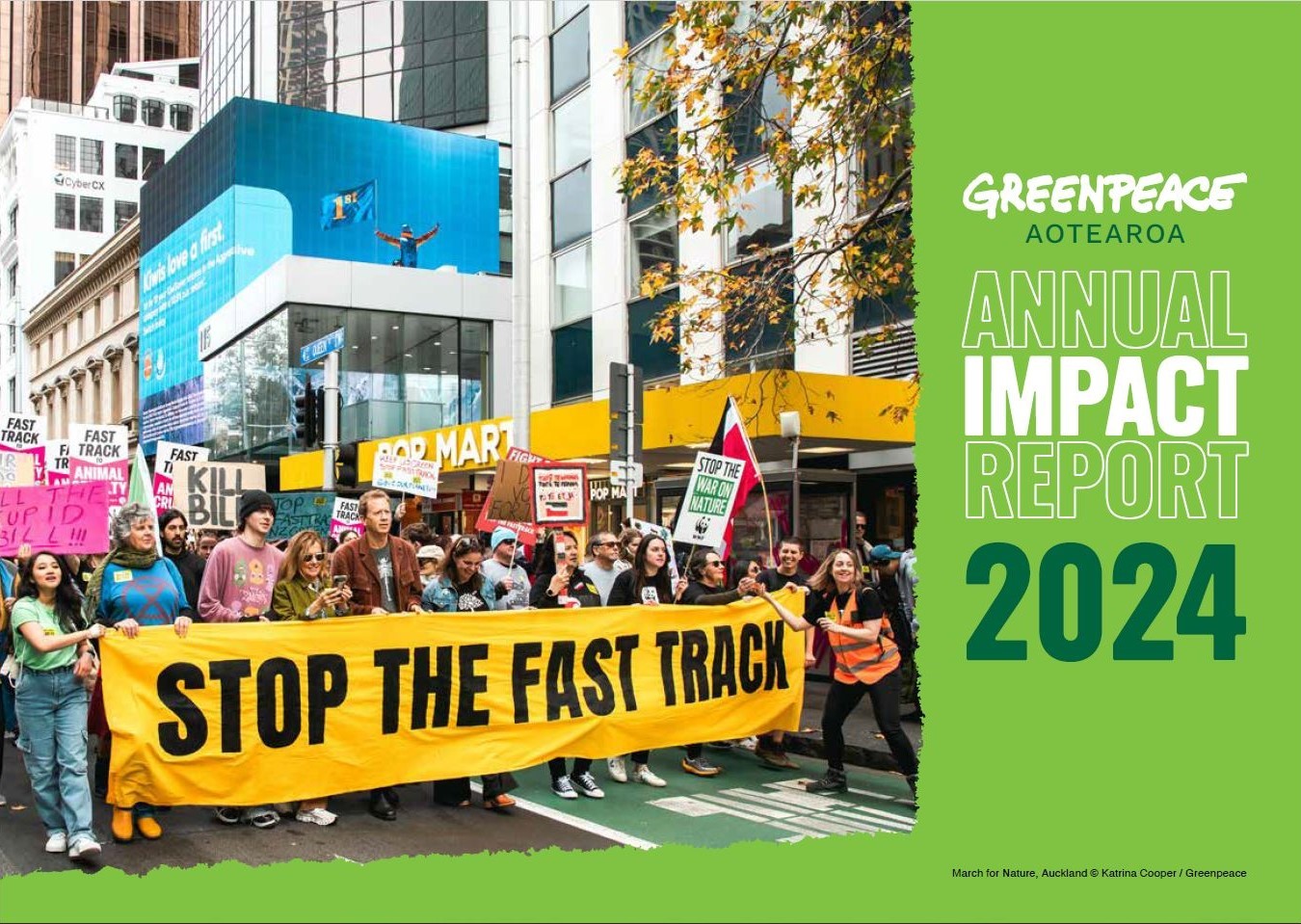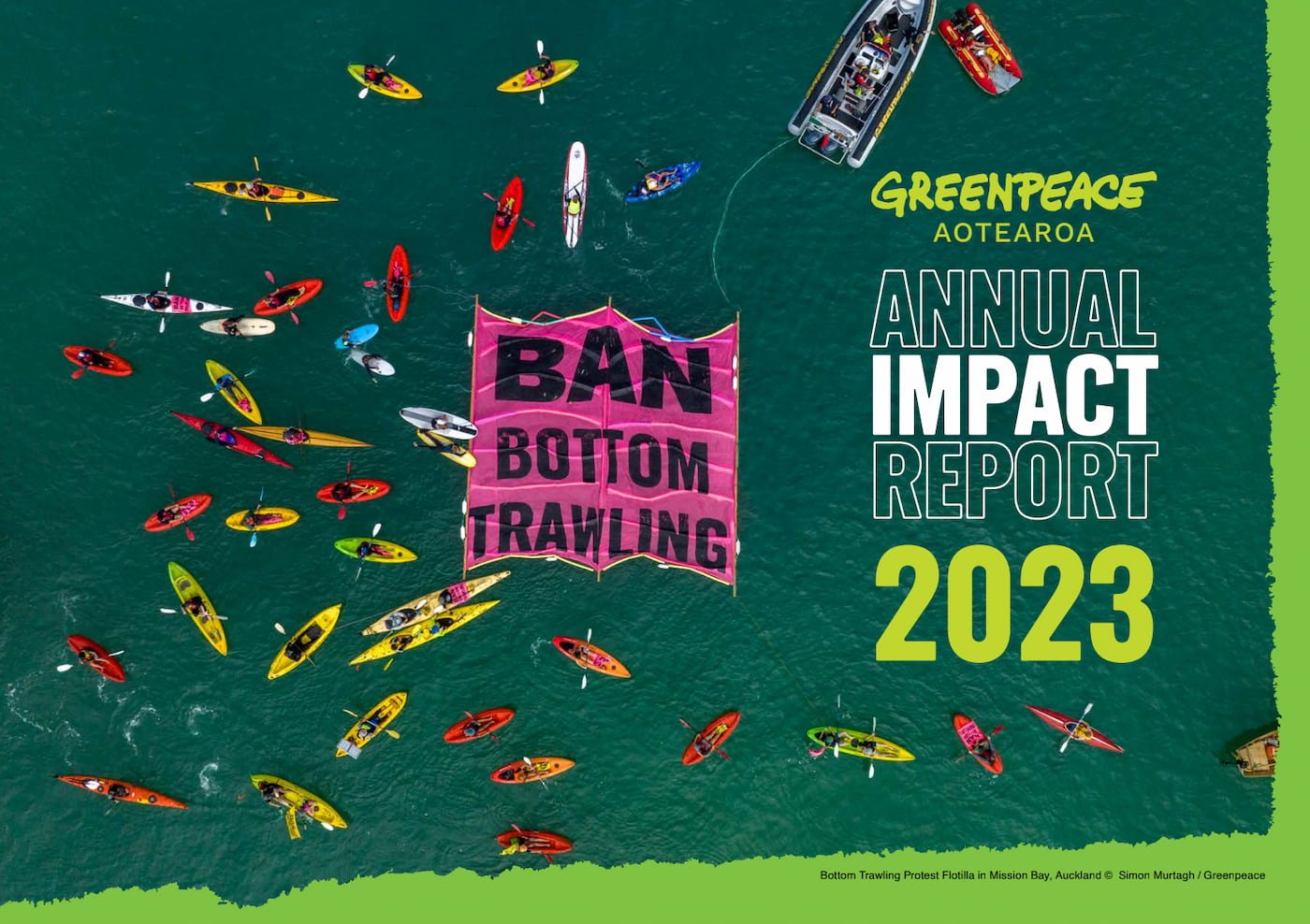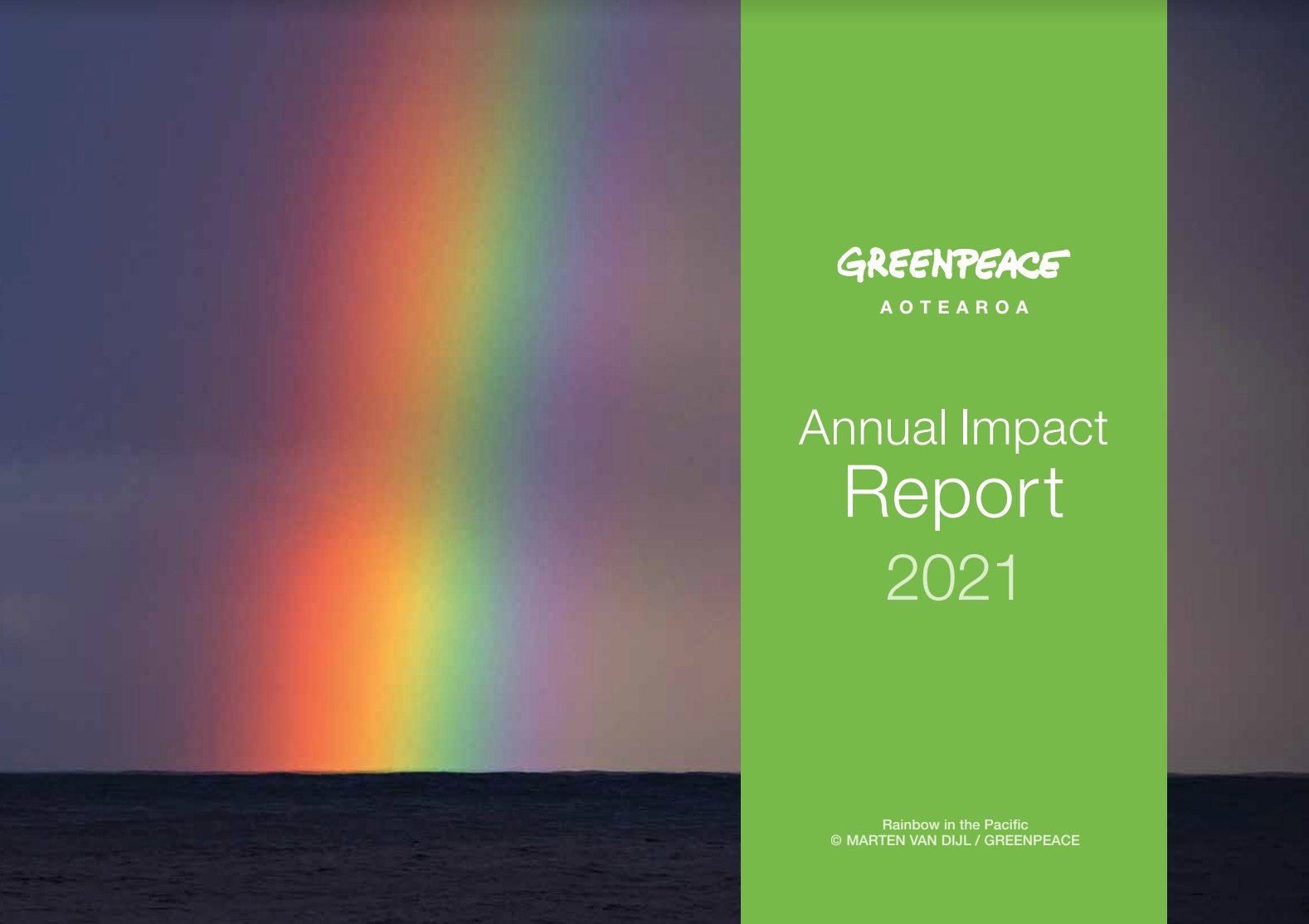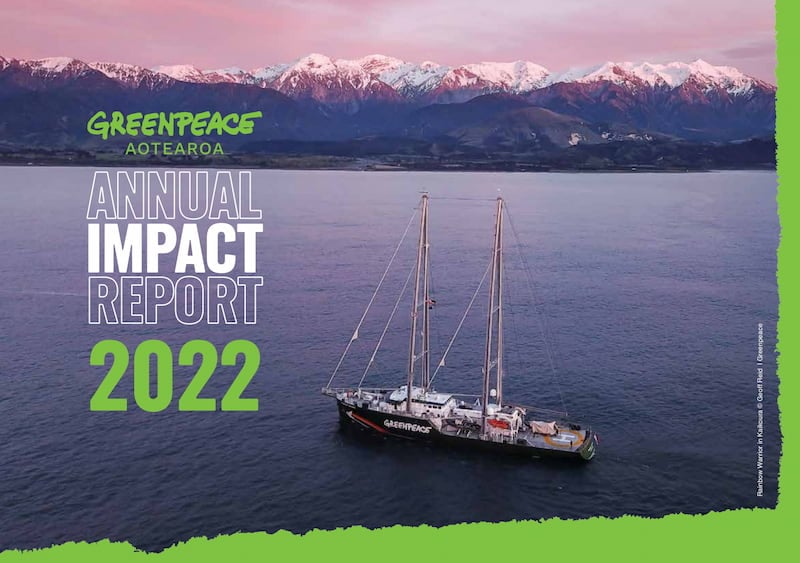
One of the enduring human experiences is the feeling that often the big things are out of our control. The feeling that the ‘system’ is making us an object in the great story of the world, rather than a subject with real choices and agency.
But while it is true that the system that is driving us towards a climate and biodiversity cliff, it isn’t true that we can’t change the course of history. We can, we have in the past, and we will again.
The beauty of being part of an organisation like Greenpeace is that we are all together making the choice to be subjects in the great history of the world and not just objects. By being part of this remarkable civil society movement we are choosing to alter the course of history and not just watch while the world burns. Let me pick out just two examples to illustrate my point.
Global Ocean Treaty
In March 2023, we finally achieved a Global Oceans Treaty that creates a framework to protect the high seas – the high seas is the 43% of the planet’s surface that is beyond the exclusive economic zone of any nation. It took decades of work by civil society groups around the world to achieve this outcome, by putting pressure on governments.
In Aotearoa in 2022 we presented our 60,000 strong petition in support of the Treaty to the Foreign Minister; we lobbied the Prime Minister, ministers and MPs; and we met with many government officials. We spent supporters’ money educating the general public on the importance of the Treaty, and gathering sig – natures in support. The New Zealand Govern – ment started out as a laggard government, but by the time we had mobilised public pressure, and informed Ministers and officials on its im – portance, they were a champion of the Treaty. Around the planet in other countries Green – peace teams were doing the same.
Then, with your donated money, we sent our oceans campaigner to the negotiations. At the end, for the final days of negotiations, the global Greenpeace team slept at UN head – quarters in New York to make sure that civil society pressure was always there, to make sure that corporate opponents were not able to subvert the key aspects of the text.
The Global Oceans Treaty did not happen because of the ‘system’, it happened because we the people made it happen. Those of us who believed in the ability of ordinary people to make history brought the Treaty into the world.
Now while the Global Oceans Treaty is a great Protect the Oceans Projection onto the New Museum in New York © Greenpeace 3 victory, it only creates a framework for marine protected areas on the high seas, and now the next step is to use this mechanism to deliver marine protection. And that is exactly what we are currently planning and once again we know that industrial fishing companies and seabed mining companies will oppose us every step of the way. But with your support we will be able to counter their destructive influence.
Rural water testing
Closer to home we have the impact of intensive dairying, which is driving climate emissions, freshwater ecosystem collapse, and drinking water pollution while making agribusinesses rich. What coal is to Australia, and tar sands is to Canada, industrial dairying is to New Zealand. And the ‘system’ is very aligned to facilitating this destructive system because of the money and political influence of agribusiness.
With your support, Greenpeace has been campaigning to drive a transition away from industrial agriculture towards regenerative organic farming. And we have made some progress such as the fertiliser cap, the national policy statement on freshwater, the end to the $400m Government irrigation subsidy, restrictions on intensive winter grazing etc. But there is really so so so much more to do.
One of the key voices who have been absent from this debate is ordinary rural people. Time and again we hear from agribusiness lobbyists that this is a rural versus urban divide. But is it really? The truth is that ordinary rural people are on the front lines of the pollution caused by Fonterra, Dairy NZ and Federated Farmers. And central and local Government just don’t care about them. So in 2022, with your support, we were able to give them the chance to have their voices heard.
We provided free drinking water testing across the country. We offered mail-in testing and we went from one small town to another and invited people to bring in their water to be tested. We were overwhelmed with the response and for the first time thousands of rural people on bores were able to find out the truth about the level of nitrate poison in their drinking water.
And once they had the information, and with our support and the support of public health scientists, ordinary rural people were able to speak their truth on Breakfast TV and many other places.
Rural people, who were being used as objects by agribusiness to defend industrial dairy pollution, were given the agency to speak out for themselves about how they really felt about dairy pollution of their kids’ drinking water. And they had strong views!
Of course we haven’t yet won the battle for the transition of our food system from an industrial polluting model to a regenerative organic model, but we will. This is just the beginning.
There are many other stories in all the work that Greenpeace did in 2022 across many areas including seabed mining, plastic pollution, peace and more. We don’t take money from corporations or government which means our supporters make all this work possible.
With your support, together we will change the course of history. Together we will be the subjects in our own story of planetary flourishing, rather than the objects in someone else’s story of planetary collapse.
Kia kaha,
Russel
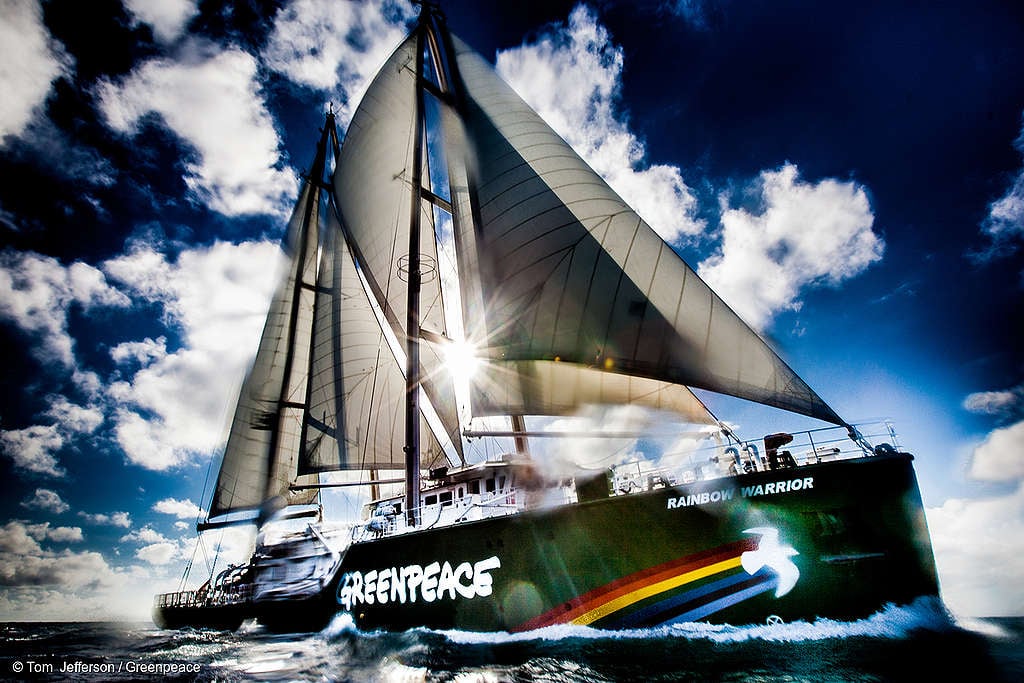
Donate to Greenpeace today. We take no money from corporations or governments. Our independence and ability to speak and act freely is our greatest strength. To maintain that freedome, we rely on the generosity of people like you to keep us in action.
Take Action
